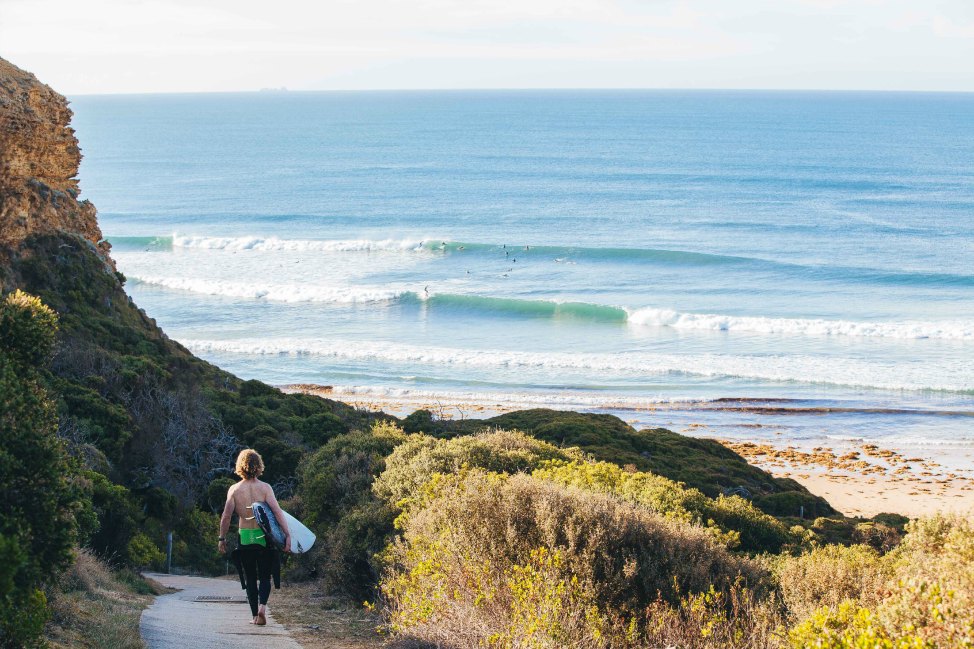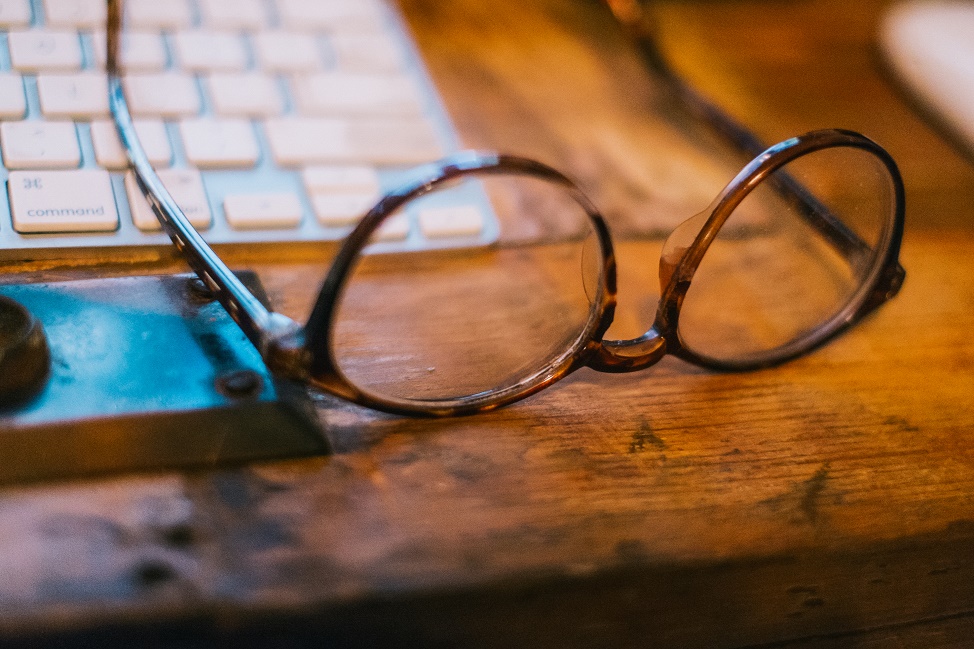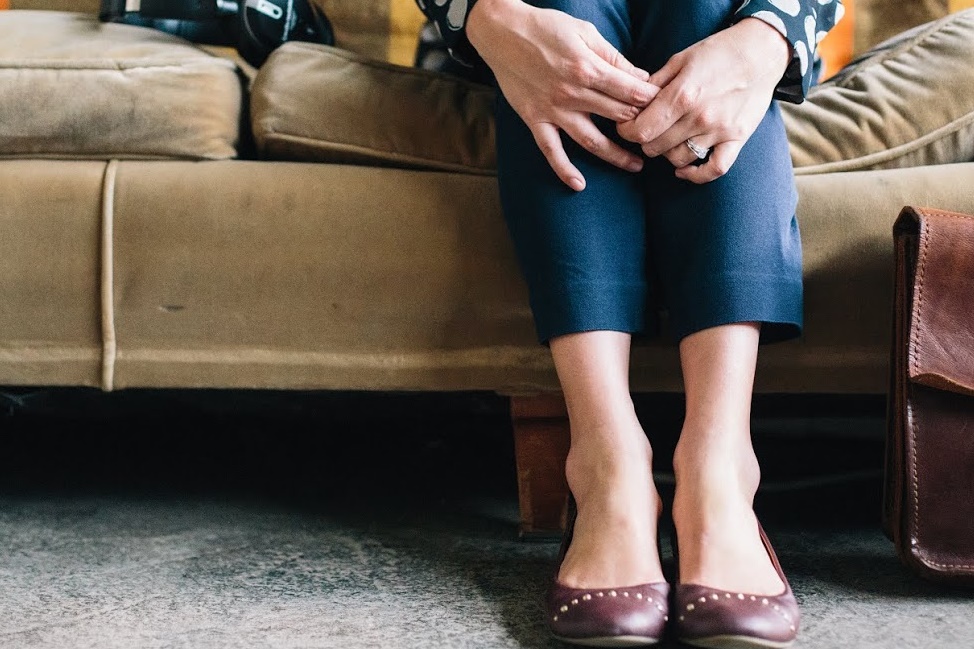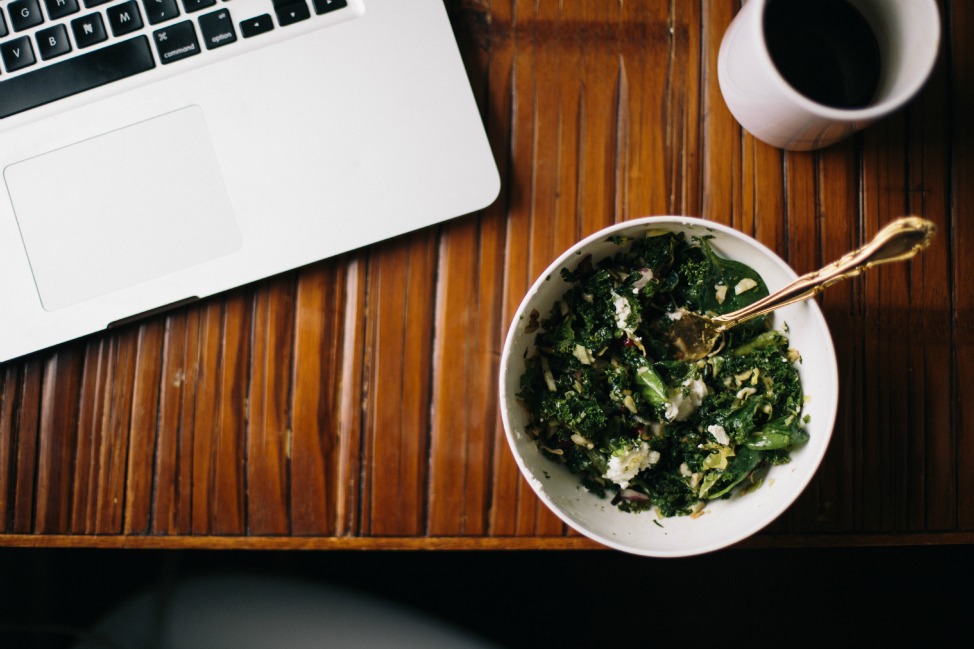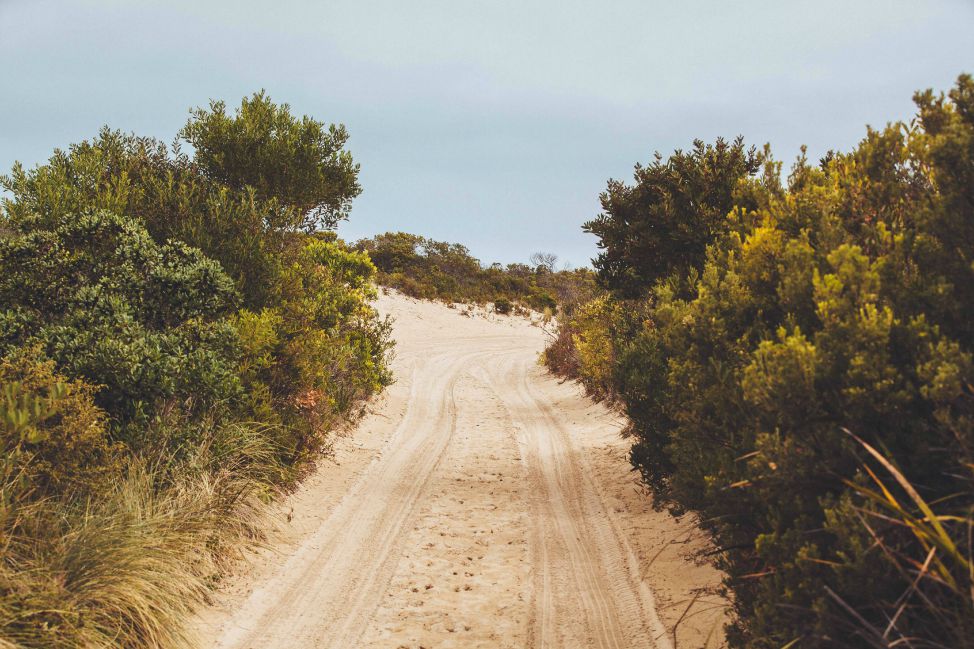What is an Emergency Fund and Why Do I Need One?
One of the best ways for you to reduce worry about your financial life is to prepare for the unknown with an emergency fund.
What is an emergency fund?
An emergency fund is an account, typically a savings or money market account, where you stash cash for a rainy day.
Why do I need an emergency fund?
You and your family need an emergency fund for two reasons in my opinion.
First, you avoid the vicious cycle of enslaving yourself to creditors. If you don’t have cash available when your car breaks down you will likely pay with a credit card that charges you 14-20% interest until you pay it off. With a little planning you can avoid paying interest altogether.
Second, having an emergency fund will help you reduce your worry and anxiety when something in life goes wrong. If you lose your job and have 6 months of expenses readily available you don’t have to panic. You can take your time and plan your next steps with confidence and clarity.
“Before anything else, preparation is the key to success.” – Alexander Graham Bell
Furthermore, if you’re investing in the stock market, there will be times when the market will be volatile and you will see losses in your portfolio. Your emergency fund can help you breathe easy. You won’t need to pull your investments out of the market during a down turn and you will have time for your portfolio to recover.
You may need an emergency fund for a variety of reasons. No two people are alike. Any number of things could come up, and if you are prepared you can handle them quickly and easily.
What are typical items to consider when building your emergency fund?
- Essential expenses of your household – These are expenses you have to pay even if you lose your job such as: your mortgage or rent, utilities, childcare, food, car loan, gas, property taxes, and insurance premiums. Expenses to exclude are income taxes, payroll taxes, discretionary funds, and contributions to a 401k / retirement account. I recommend that clients have at least 3 months of expenses covered but many prefer to have 6 – 9 months of expenses accessible at all times. The less stable your job or income, the more months you should be prepared to cover.
- Home ownership – If you own a home, you may want to increase your emergency fund so that when your air conditioner dies you’re not scrambling to come up with the funds to pay for the repair. I would suggest adding a few thousand dollars to your emergency fund to cover this type of expense.
- Medical expenses – More and more employers are offering high deductible insurance plans as a way to reduce costs and still provide healthcare to employees. While it is great to be insured, you want to make sure that you have funds available to pay deductibles and coinsurance payments if you, your spouse, or your kids need medical attention. Know how much you could be on the hook for in any given year and build this into your emergency fund.
- Car Repairs – If you need your car to get to work it is absolutely essential that it runs. Car troubles can come out of nowhere and repairs can add up fast.
Take a look at this list and see which of the items impact you. If you already have an emergency fund, give yourself a pat on the back. If not, figure out how much you would like to save and start saving this week. If your target number for an emergency fund is large, don’t fret. Just start saving. Save what you can until you have $1,000 saved, then just keep going until you reach your goal.
If possible, go to your HR department and ask to have $100 or $200 deposited directly into your savings account every pay period so you don’t’ even see the money. The funds will quickly add up and once your emergency fund is full, you can use the excess funds for other goals in life like saving for your next car, your first home, a home improvement project, college for the kids, or retirement planning.
Where should I set up an Emergency Fund?
I advise clients to have emergency funds in two places. First, keep some cash close by. I know it sounds really old school but if you live in an area where natural disasters of any type can occur; fire, earthquake, blizzard, tornado, hurricane, etc. having a few days worth of cash readily available is a great idea. I rarely use cash in my day-to-day life, but if the power is out and I need to buy food for my family, I want to know that I am able to do so. Second, I recommend you keep the majority of your emergency fund at your bank in a savings account. Savings accounts at major banks earn virtually no interest right now. If you want to earn a bit more interest think about using an online bank such as Ally Bank or Capital One.
An emergency fund is a key component to a strong financial life. If you have any questions, please let me know in the comments below.




